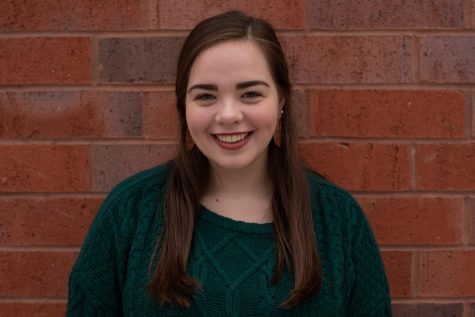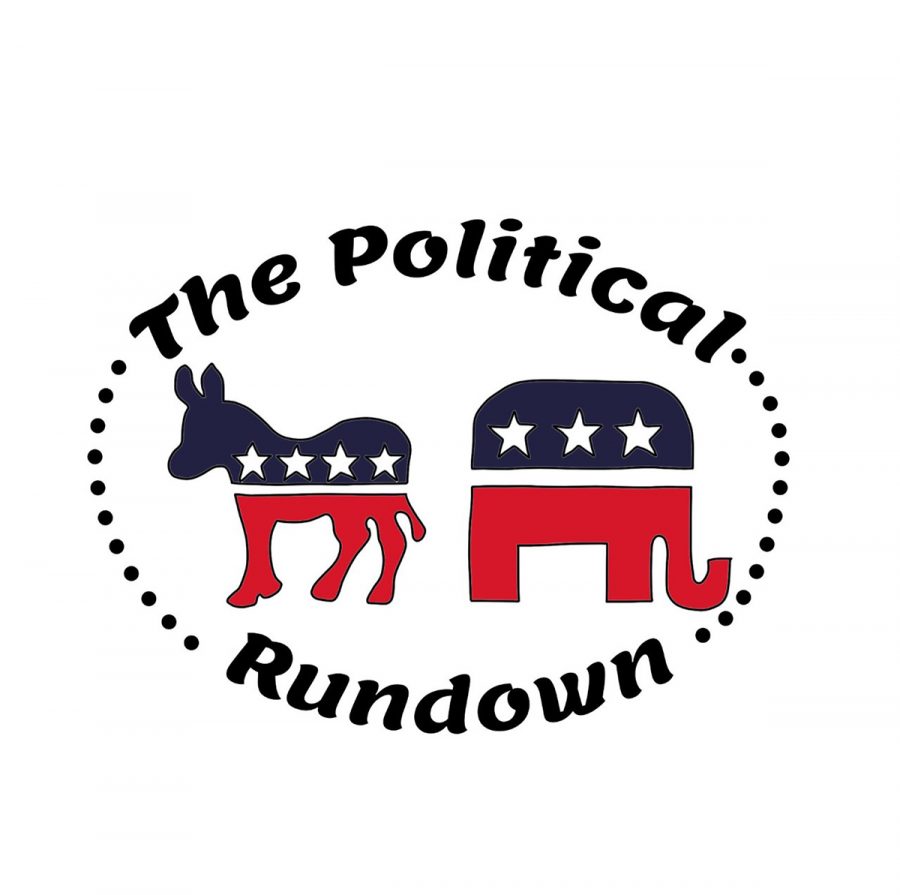The Political Rundown
And then there were 18
The number of Democrats running for president has once again gotten smaller. Tim Ryan has pulled out of the race, according to The New York Times, and as another debate draws near, more candidates could follow suit.
Julián Castro said he will end his campaign if he does not reach $800,000 by Oct. 31, according to The New York Times, and it seems he’s not the only one worried about money at this point in the race.
Joe Biden, who has previously condemned super PACs, has changed his stance in order to accept one for his campaign, according to The New York Times. Super PACs allow wealthy supporters to give unlimited amounts of money to a campaign. In this case, a super PAC has been created to support Biden and carry him through the race.
“I’ve said it before and I’ll say it again. To speak to the middle class, we need to reject the super PAC system,” Biden said in a tweet in April. I find this change in stance quite concerning. It’s hard to tell what a candidate stands for when they’re regularly changing their opinions.
“I don’t think we could say it as well as (Biden) did when he said, ‘People can’t possibly trust you’ if you accept support from a super PAC,” Tiffany Muller, president of End Citizens United, said in a statement.
However, this shift in stance does make a certain amount of sense considering Biden came in fourth with fundraising amounts at the end of the third fiscal quarter. Add to that the conflicting poll reports that were released in the past week, and Biden might have reason to be concerned.
“A CNN survey released Wednesday had former Vice President Joseph R. Biden Jr. with a commanding lead of 15 percentage points ahead of Senator Elizabeth Warren of Massachusetts. But a Quinnipiac University poll released Thursday had Ms. Warren as the front-runner, seven points ahead of Mr. Biden,” according to The New York Times.
Bernie Sanders finished third in both of these national polls, but Pete Buttigieg edged him out of that spot in an Iowa poll where he placed third with 13 percent support, according to The New York Times.
The next Democratic debate is less than a month away, scheduled for Nov. 20. So far, half of the 18 candidates have qualified for the debate.
Those candidates are Biden, Warren, Sanders, Buttigieg, Kamala Harris, Amy Klobuchar, Andrew Yang, Cory Booker and Tom Stayer.
As I’ve said before, the Republican Party has chosen to not have any debates, so it’s hard to judge how those candidates are doing with their campaigns. However, President Donald Trump seems to be running full steam ahead with his plan to run for a second term.
Trump had a trip to Pittsburg last week and his speech gained media attention for a few reasons. One being even “though the visit was technically for presidential rather than campaign business, the event at which Mr. Trump spoke felt similar to a campaign,” according to The Wall Street Journal.
If Trump starts putting more effort into a campaign in the coming months, I have a feeling the Democratic candidates are going to become even more fired up about their plans.
Kuchta can be reached at [email protected].

Tiana Kuchta is a fourth-year English critical studies student. Outside of The Spectator, she enjoys spending her time reading, being with family, catching up on Netflix and being surrounded by cats.

